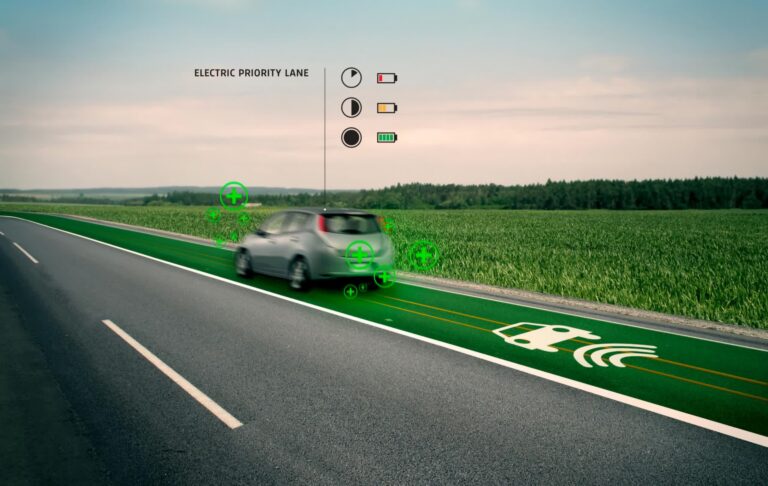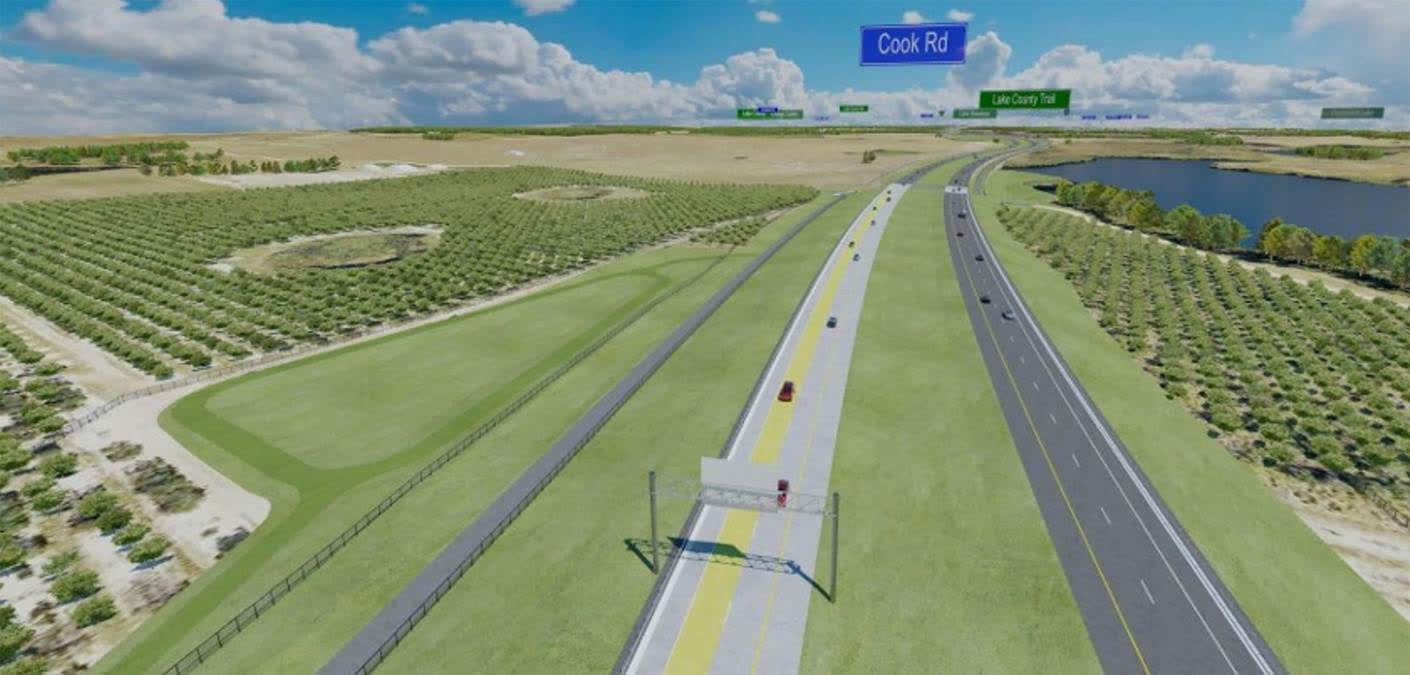
[ad_1]
Why it matters: One of the most significant drawbacks of electric vehicles is the battery. Currently, EVs are limited by long charging times and the lack of facilities on heavily traveled highways. Florida authorities believe the problem might be partially mitigated by building inductive chargers beneath the state’s highways.
The Central Florida Expressway Authority (CFX) has awarded Norwegian startup ENRX a $13.3 million contract to build a test strip for its induction charging system on a one-mile stretch of State Route 516 near Orlando. The company claims its “dynamic wireless charging” technology can accommodate passenger vehicles, heavy-duty commercial trucks, and medium-duty delivery vans.
The system uses a proprietary receiver pad installed on the bottom of any EV that connects to the battery. Coils embedded in the road can deliver up to 200kW to the vehicle’s battery, even at freeway speeds.
“When you can charge while driving, range anxiety and frequent charging stops will be a thing of the past,” said ENRX CEO Bjørn Eldar Petersen in a press release. “Our unparalleled expertise in induction technology allows us to deliver charging at 200kW even at high speeds. No one else has the technology to offer anything similar.”

Similar technologies have existed for a few years but deliver less than 100kW. Likewise, stationary fast-charging tech only provides up to 150kW. If ENRX’s claims are valid, its roadways should charge batteries faster than most other inductive tech.
The company didn’t reveal too many specifics but did mention that its system is flexible enough to apply to virtually any EV currently manufactured. Individual receiver units have built-in settings to adjust power output for different vehicles and battery types. Users or installers can also manually define the ground-vehicle distance for optimum charging efficiency.
The infrastructure is supposedly weather-proof and maintenance-free once installed. Presumably, ENRX means the coils are maintenance-free because we have yet to see any technology that can create a maintenance-free highway.
In addition to the one-mile stretch in Florida, CFX included funding for an 80-meter test track for the Aspire Engineering Research Center at Utah State University. The shorter test track will allow SAE International (formerly the Society of Automotive Engineers) to test various aspects of the charging system to create global standards for future implementation.
State Route 516 is not the first US motorway to test the viability of wireless charging while driving. Last year, Israeli developer Electreon revealed plans to construct a similar charging method on a one-mile unnamed stretch of road near Detroit, Michigan. That project is slated to begin testing sometime this year.
Image credit: Studio Roosegaarde
[ad_2]